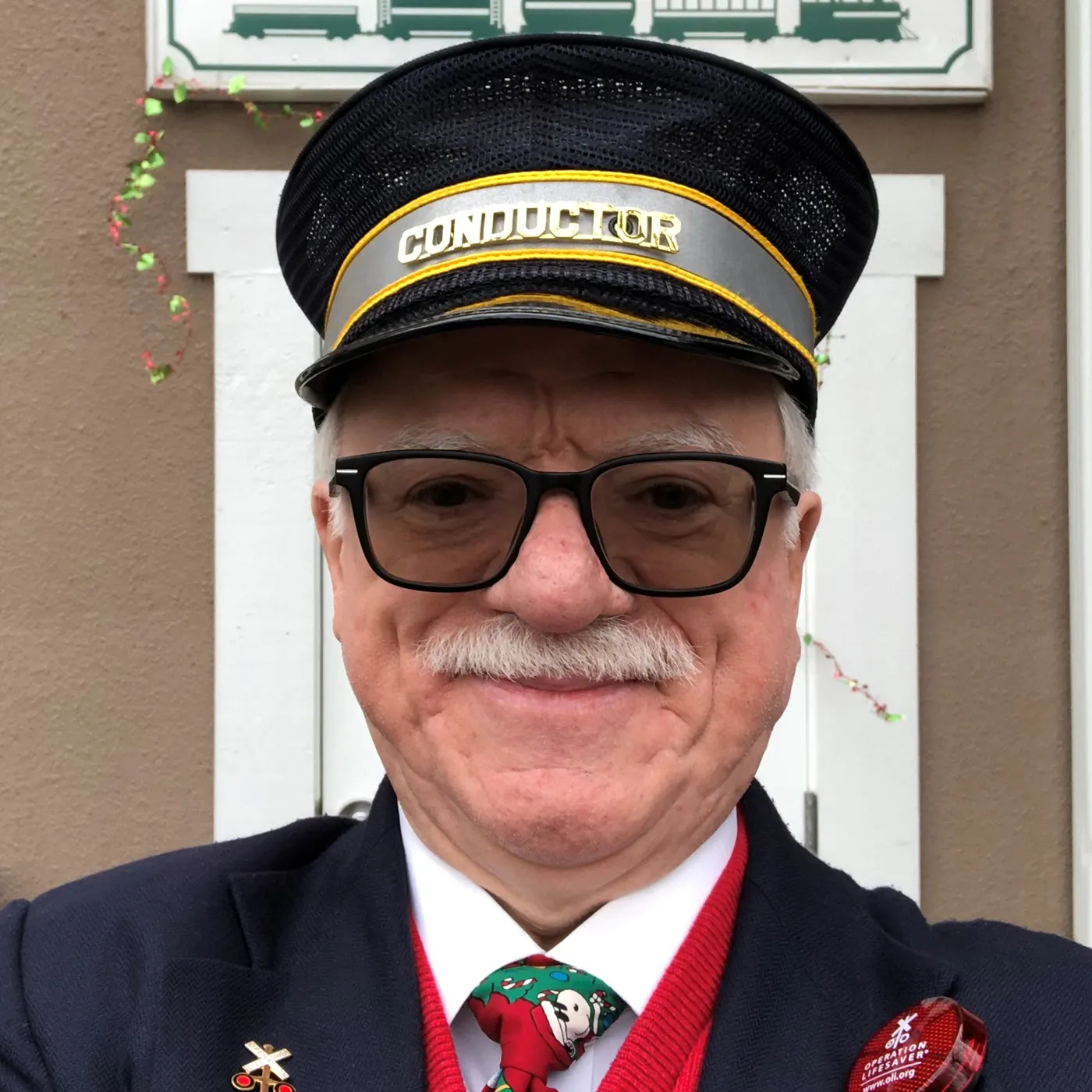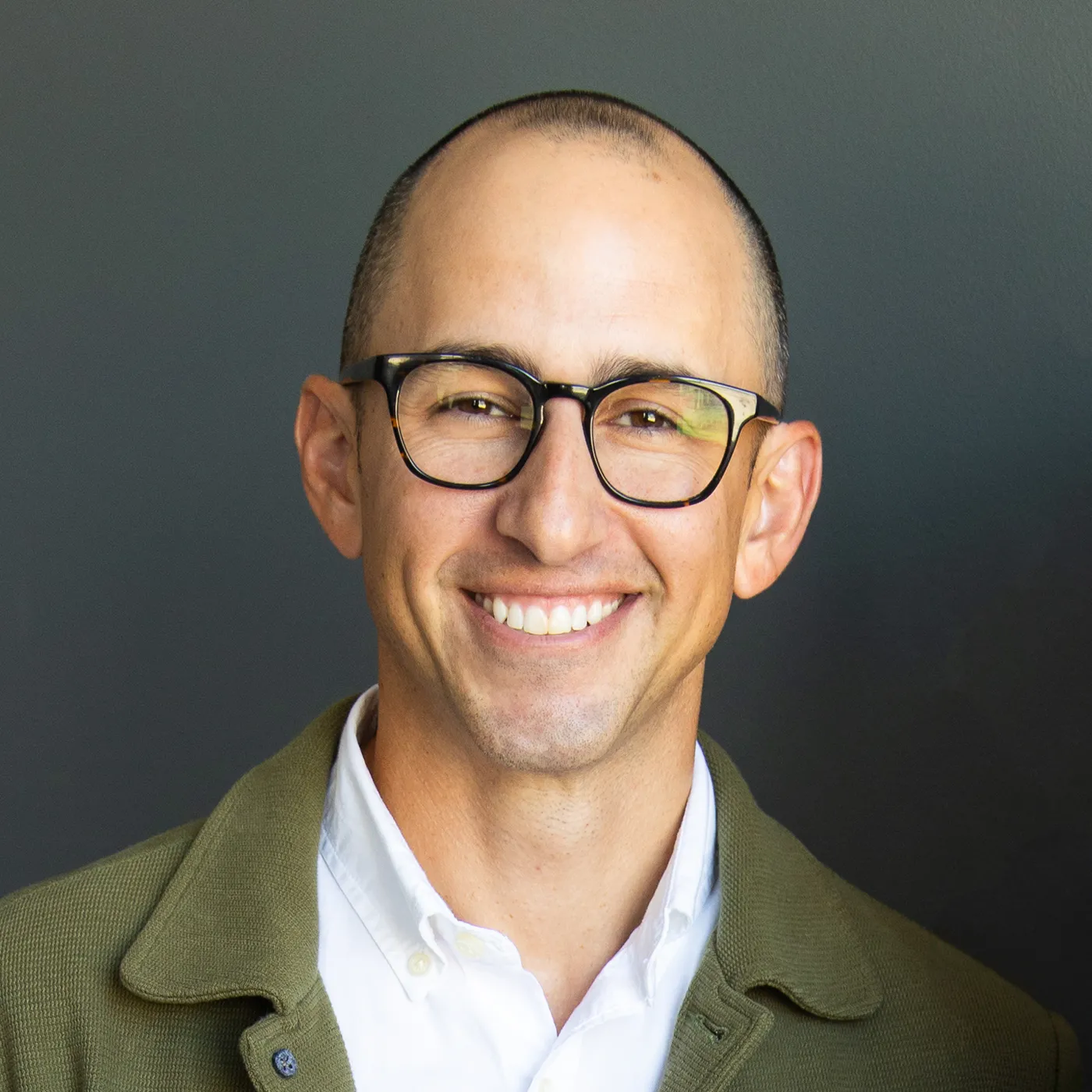Lewis Collens, '66: Academic Entrepreneur Revitalized Higher Education in Chicago

During his career, Lewis Collens, ’66, revitalized and transformed two major Chicago higher education institutions. He also cofounded a bar review business that became immensely successful, and provided strong and innovative board leadership at several nonprofits committed to improving education. “People sometimes describe me as an academic entrepreneur,” Collens says. “I suppose that’s accurate, although I never really have thought of myself in that way. There were jobs to be done, and I did them the best I could, with a lot of help from a lot of people.”
In the year after he left the Law School, while he was practicing at a top Chicago firm, he cofounded the bar review company that is now known as BARBRI. “In those days, graduates of the University of Chicago Law School were among the least successful at passing the bar,” he recalls. “That didn’t seem to me to be consistent with the natural order of things, and I thought I could help find a better way.” He recruited an all-star cast of professors to teach the review classes, established strong quality controls, and helped make the company into the nationwide industry leader it is today.
In 1974, after teaching for four years at Chicago-Kent College of Law, he became the school’s dean. At that time, Chicago-Kent was not a highly regarded law school. Collens set about changing that, with support from the school’s new owner, the Illinois Institute of Technology (IIT). “The University of Chicago Law School was the inspiration for what I wanted Chicago-Kent to become,” Collens says. “We needed to have the same commitment to scholarship, the same passion for the law, and the same focus on institutional excellence to ensure that our students had the best educational experience of their lives.” He upgraded the faculty, introduced new programming that included a three-year legal writing program and a novel fee-generating clinical program, and used scholarship money to attract top students.
By the end of Collens’s deanship, the school ranked in the top 30 in faculty scholarship, was named as the country’s foremost “up and coming law school” by US News & World Report, and had been praised for its clinical programs by the Chief Justice of the United States.
He became the president of IIT in 1990. The hundred-year-old university was in financial disarray. Collens convened a national commission of education and business leaders to recommend a path forward. The group’s primary recommendation was that the undergraduate curriculum be fundamentally restructured to emphasize team-based, multidisciplinary projects. When that distinctive approach to learning became established, two donors, Robert Pritzker and Robert Galvin, stepped forward to offer 60 million dollars each on the condition that the quality of the incoming students dramatically increased. Collens succeeded, the money came in, and when IIT’s research institute was sold, the school became fully solvent. Collens then led a further series of bold actions, including the creation of an expansive high-tech incubator and new buildings designed by internationally known architects.
When Collens stepped down from the IIT presidency in 2007, its project-based approach to learning had achieved national recognition, its endowment had surpassed 300 million dollars, scores of new academic programs had been introduced, and its quality rankings had soared.
During his career, he served on more than 30 corporate and nonprofit boards, often in leadership positions. In the education field, he currently chairs the executive committee of Advance Illinois, a leading advocate for improved statewide public education, he is a board member of WTTW, Rush University, and the Auditorium Theater of Roosevelt University, and he advises foundations committed to educational improvements. His civic leadership includes lengthy service as a trustee of the Civic Federation of Illinois and a recently completed board term at the Cook County Health and Hospitals System.
“The Law School provided the greatest academic experience of my life, and that experience inspired me in everything I did,” Collens says. “Beyond that, Law School faculty were important advisors and mentors throughout much of my career. I am very grateful for all that the Law School community has done for me.”


